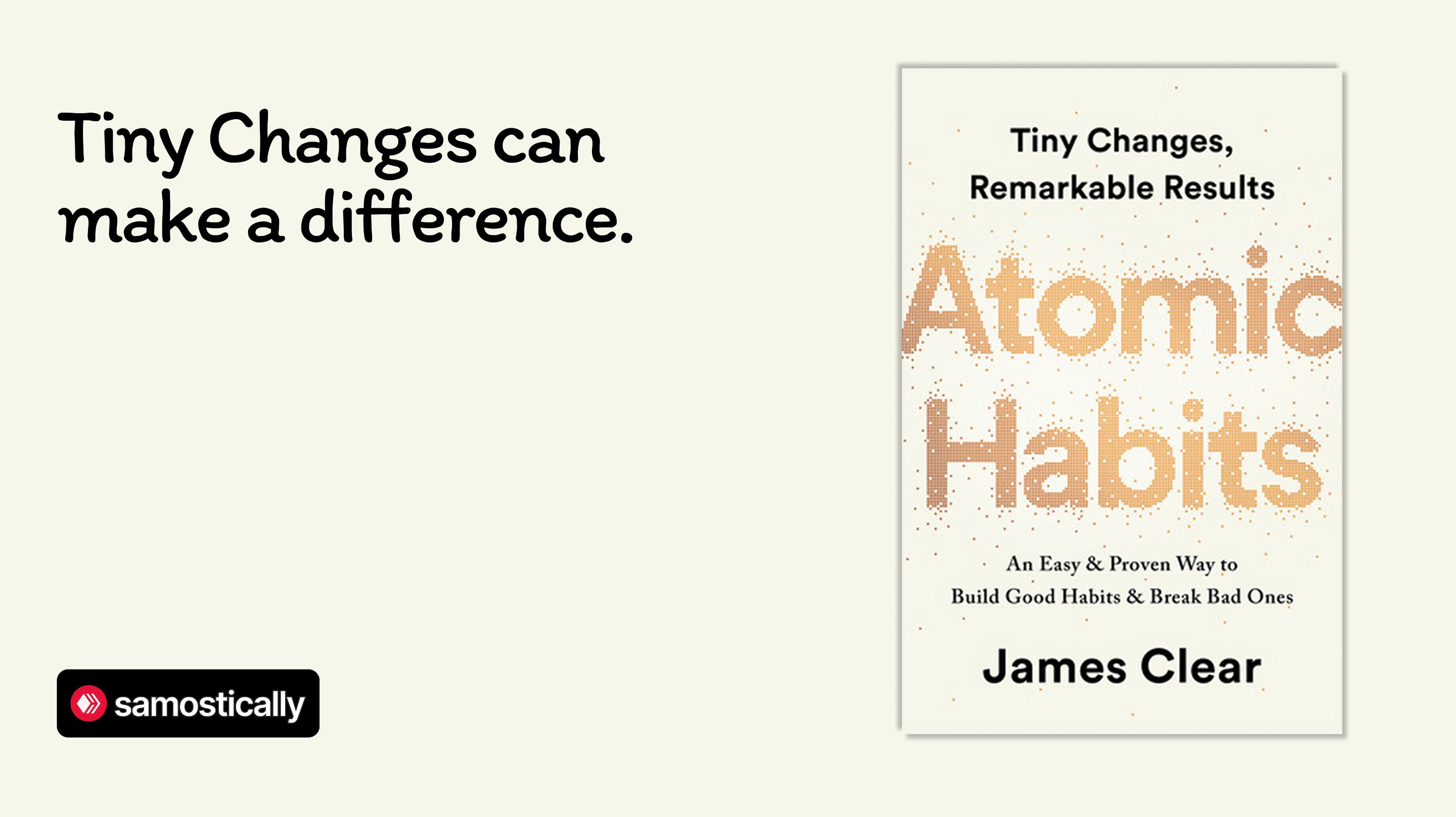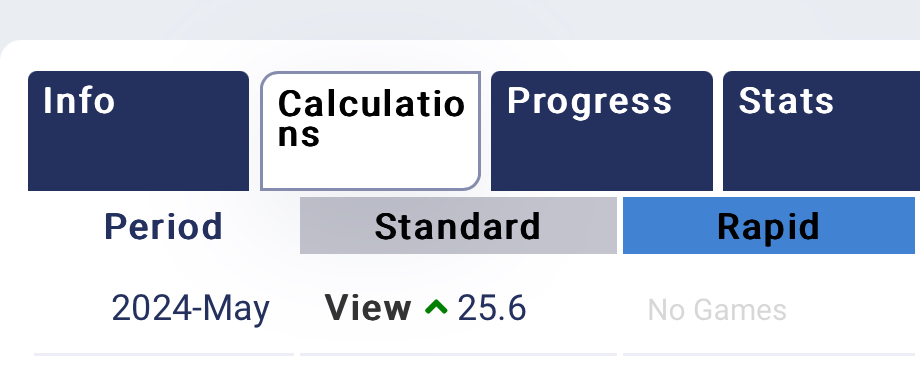Hi there
And welcome to another book related post from me. Today's book is going to be from the works of James Clear, a renowned author, and the book of his I enjoyed the most is Atomic Habits. This book is one I read not too long ago, a couple of years back. I think in 2023. It’s been reviewed on Hive about 50 times. I used the peakd search “Atomic habits”
The book is actually very good. Its filled with knowledge and takes on simple aspects of life that are truly renowned, simple, and practical, but one lesson that stuck with me was that tiny changes can make a difference.

I have to put it out there. I am guilty of always making big moves, taking bold steps, especially when the momentum is high. Let's just say a thing of the moment. But when the momentum dies off, I am back to square one. Either I am burnt out, overwhelmed, or I have lost interest. A vivid example I remember of such a scenario is back in 2024, when I performed well at a physical chess tournament. I took this performance as a sign to get back to training and playing competitive chess.
 gained 25 elo in standard chess
gained 25 elo in standard chess
At that time, it felt right to go with at least 4 hours studying chess every day, which I did for a while until the momentum died off after a week or two. To date I haven’t played competitive chess or trained for one. Well, that was a huge rush, and it made perfect sense that I got burnt out after a week. That is what James Clear talks about in his book.
James believes small changes made over a long period of time can lead to tremendous results. It is not all about making the grandiose moves, but more about taking those little steps. Think big, but do not be scared to start small. I should have started with probably 30 minutes per day, and after 6 months of being consistent, I could have upped the time to an hour.
The atomic habit really goes to show how small things are that cause a disruption. Look at it like this: atomic, from the word atom, meaning the smallest unit of an element, and habit is something done regularly. When combined, they get you atomic habits. The author also talks about how habits define our identity since that's what we do regularly. Gradually, it has become a part of us, thereby making it difficult to quit.
Anyone finding it hard to quit a habit needs to understand that it does not happen overnight. It starts with the small steps. Like the example the author gave in his book. When a new year comes, it comes with people who set New Year's resolutions, and if a person's New Year's resolution is to get healthy. They decide to hit the gym for an hour every day, go on a good diet, and after a while, they quit. Just like my chess training plan, the thought is good and the action is right, but the amount of action is too much to keep up with. Instead of going all out for an hour, try at least 5 minutes first and see how long you stay consistent. It seems easy, right? But I put it to you that after a while, probably a week or two, you will see how committed you are.
It is not about how much time or how little time there is. It is about how long you can stay committed to make the action a new habit. It is said it takes an average of 66 days for an action to become a habit. So, will you be able to stay consistent for at least 66 days before quitting or missing a couple of days? That is the true question that needs to be answered.
I have Atomic Habits by James Clear, and I recommend you do too.

♟♟♟♟♟♟♟♟♟

Thanks For Reading!
Posted Using INLEO